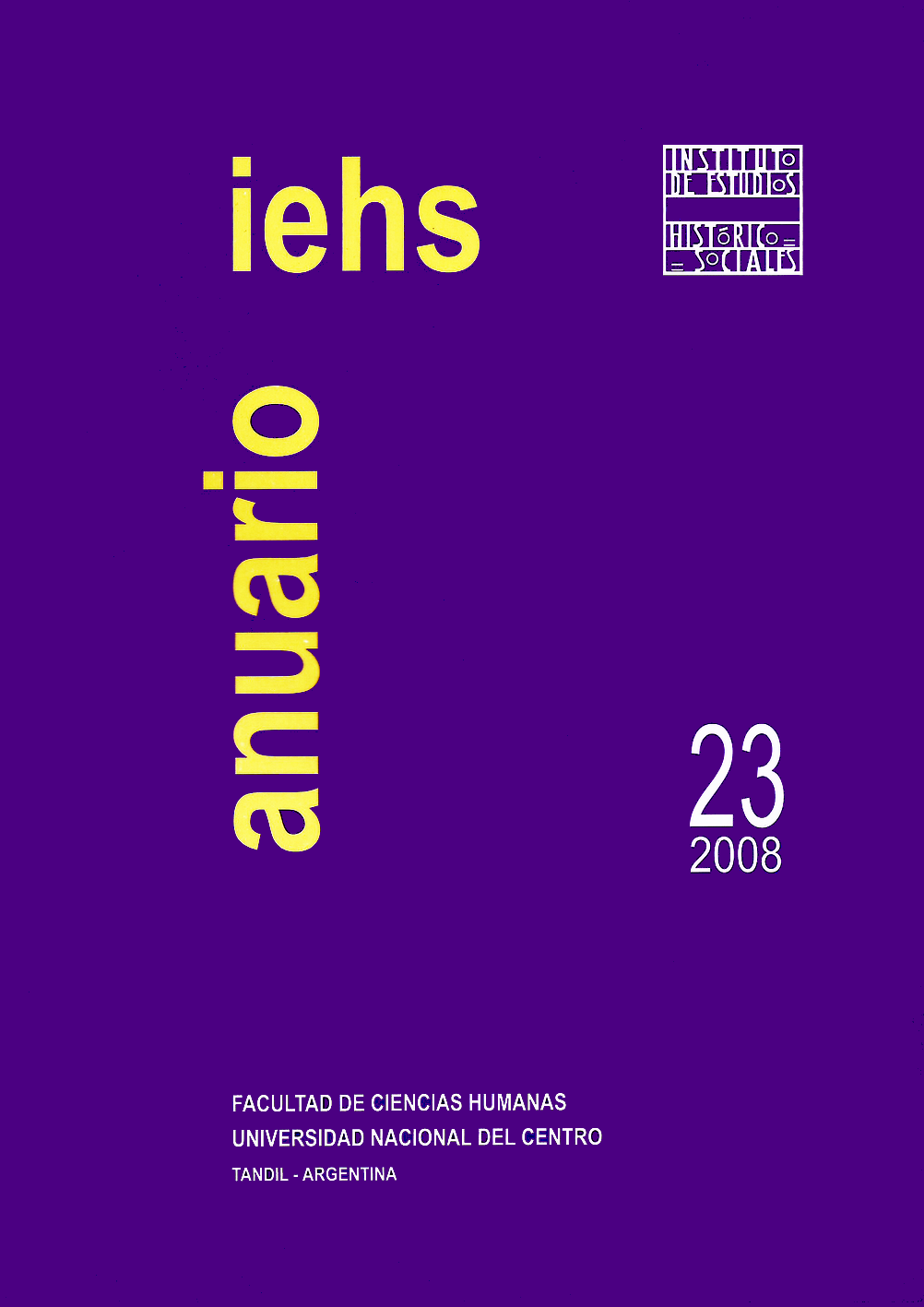Del matrimonio a la pareja: continuidades y rupturas en el modelo conyugal en Buenos Aires (1960-1975)
Keywords:
Marriage, Family, Argentina, Culture, The SixtiesAbstract
This paper examines changes in the married couple model in order to understand the scope and limits of the generational gap in social normativity during the 1960s and the early 70s. This analysis argues that the challenges to the model resulted in two simultaneous moves. On the one hand, the institution of marriage was resignified according to the changes in people‟s expectations as regards couples. On the other, the critiques prompted the emergence of new relationship styles which eroded the very basis of marriage by challenging the legitimate and permanent nature of that bond. The rising social legitimacy of divorce in the middle sectors, and the advent of “free unions” among the highly politicized, countercultural, intelectual youth attested to this trend. The result of the two processes was paradoxical: the married couple model was imbued with new values, but the universal nature of traditional marriage was shattered to pieces.In this study I use cultural manifestations, such as magazine articles, essays, sit-coms, soap operas, and interviews to actual protagonists, in order to examine, first, the new criteria for choosing partners and the new ideals of companionship. Second, I look into the changes in the perception of divorce and free unions. This transformation shows that the paradoxes of change are due to the fact that the generational gap of the 1960s was not unequivocal, but rather had different meanings based on culture, gender, and age.
References
.
Downloads
Published
Issue
Section
License
Copyright (c) 2024 Anuario IEHS

This work is licensed under a Creative Commons Attribution-NonCommercial 4.0 International License.



